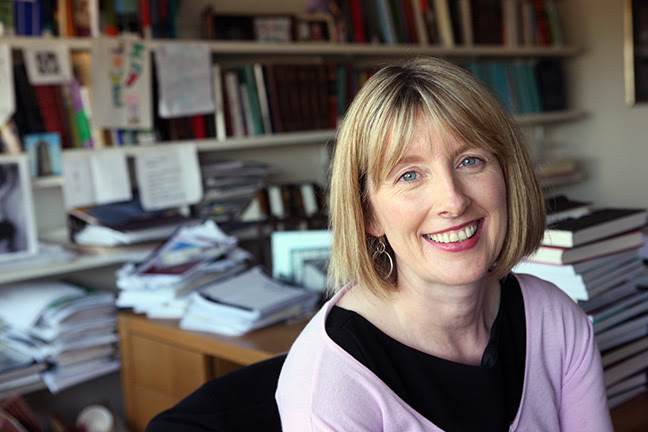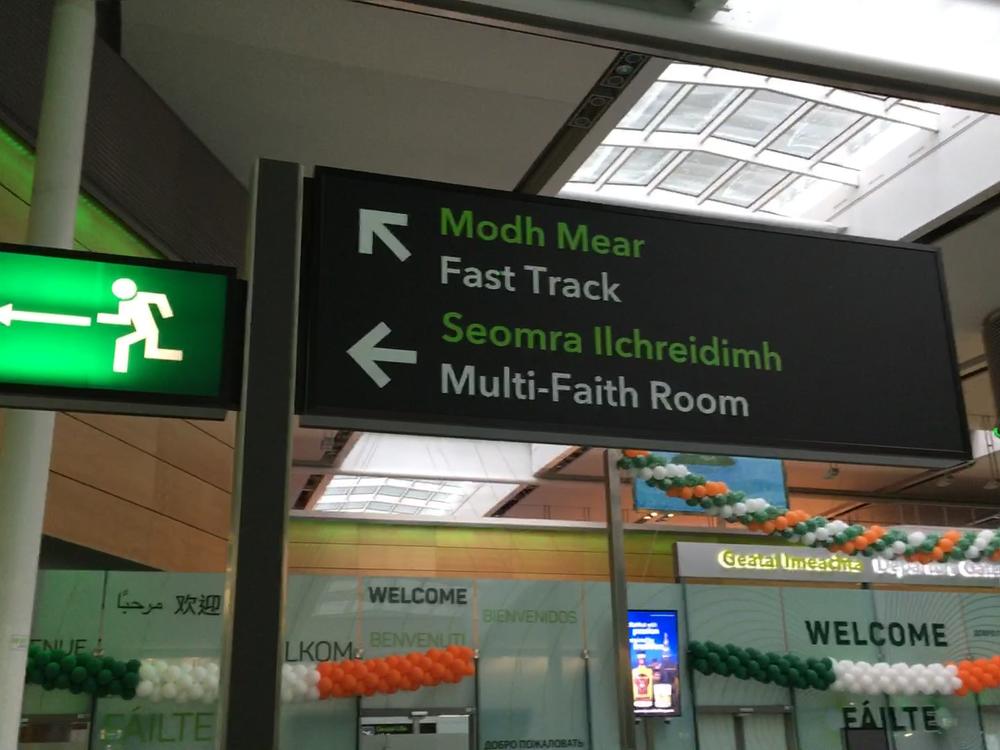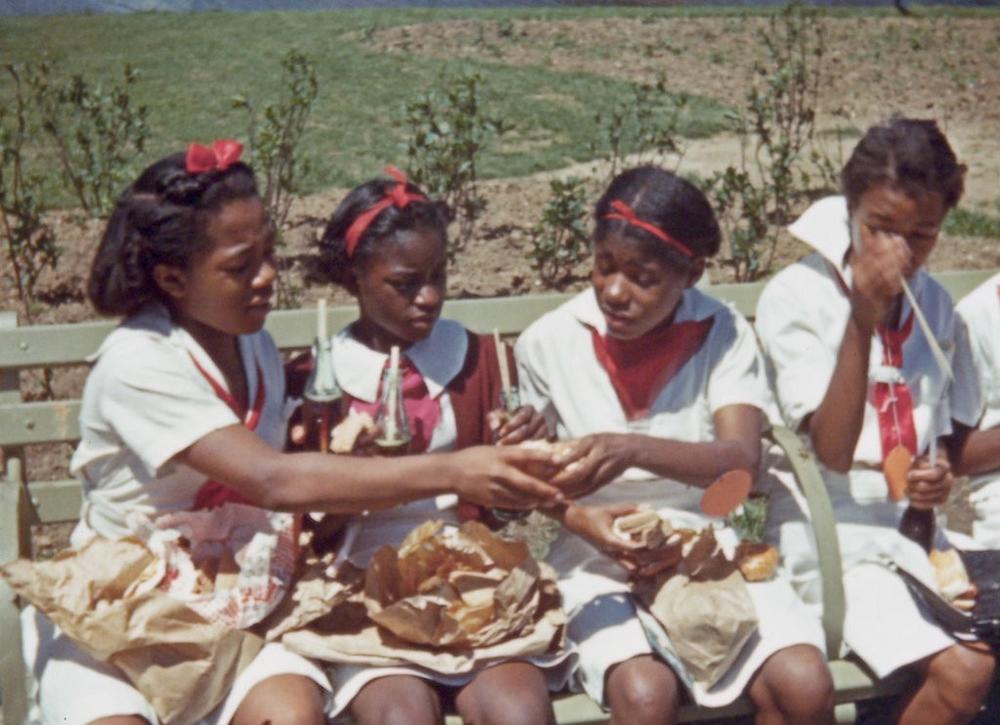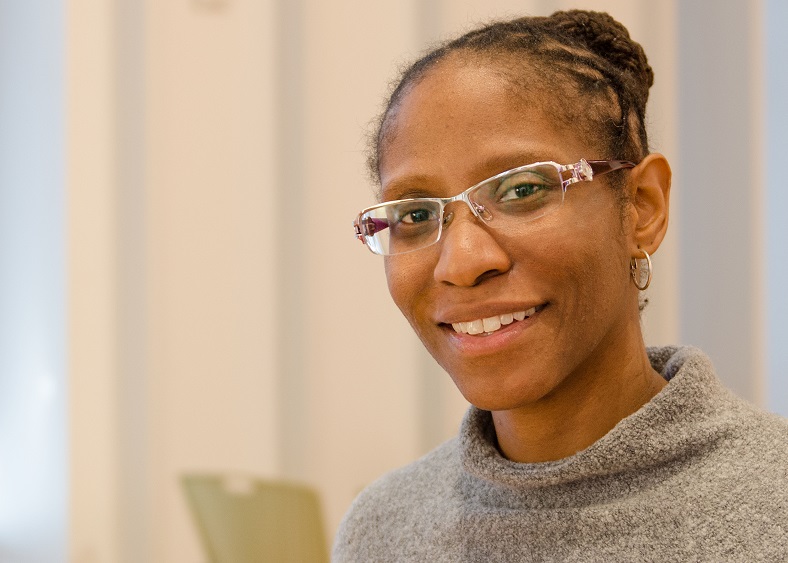Fionnuala Ní Aoláin | Protecting Human Rights in the Age of Counterterrorism
For the past two decades countering terrorism has been at the forefront of the foreign policy priorities of democracies. This has coincided with the growth of human rights narratives as a fundamental feature of such democracies. However, a number of counterterrorism measures, such as the use of unlawful detention at Guantanamo Bay, confirmation of “black sites” being used for interrogation and extended state surveillance powers, have raised serious human rights concerns.





